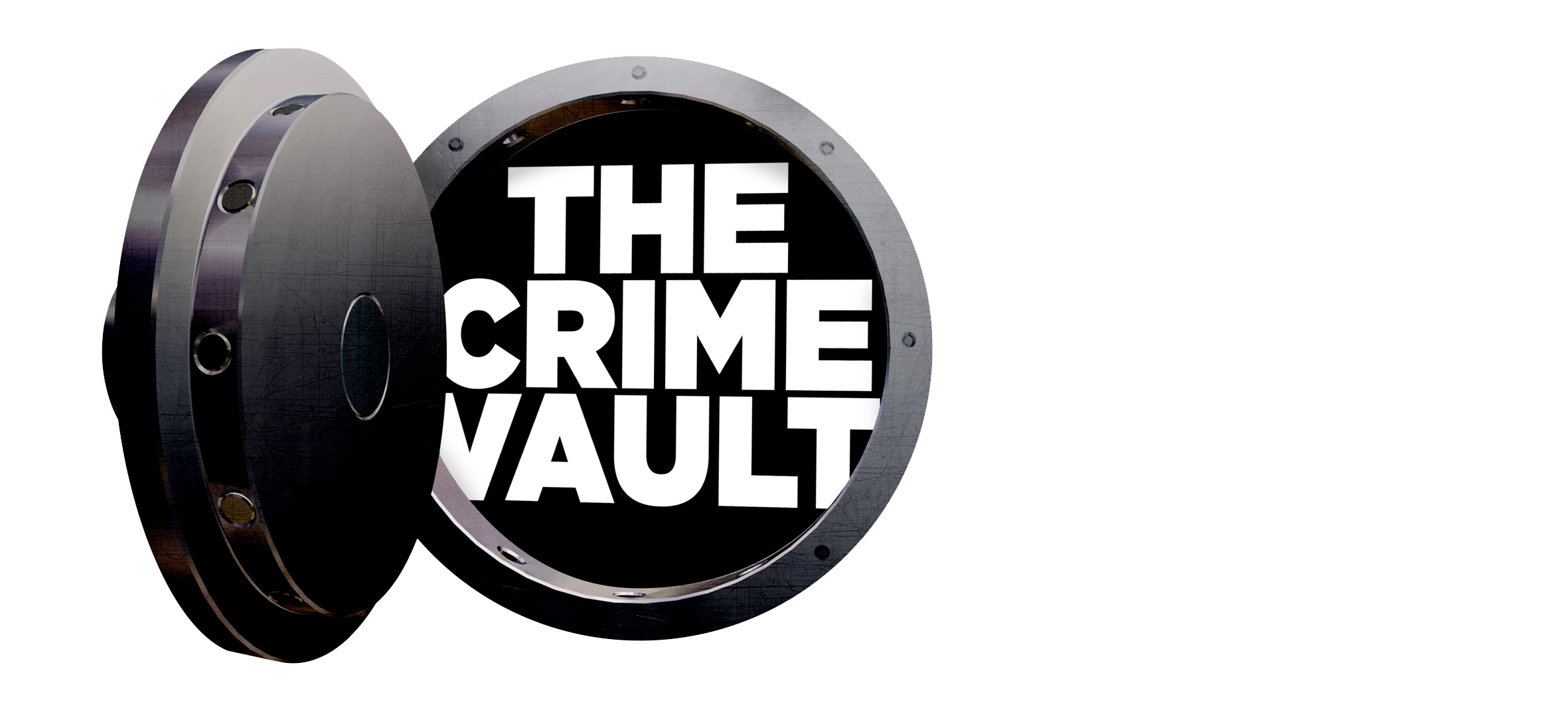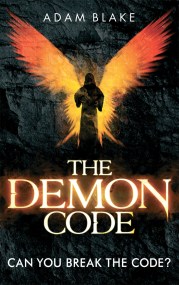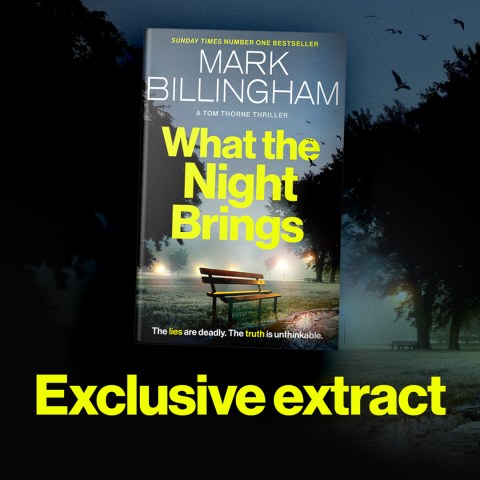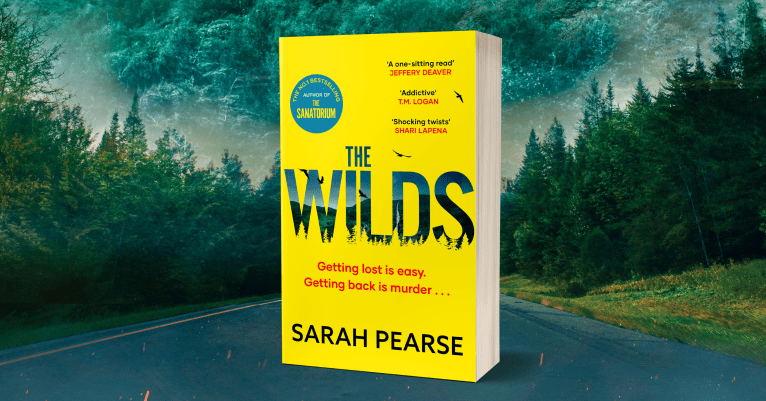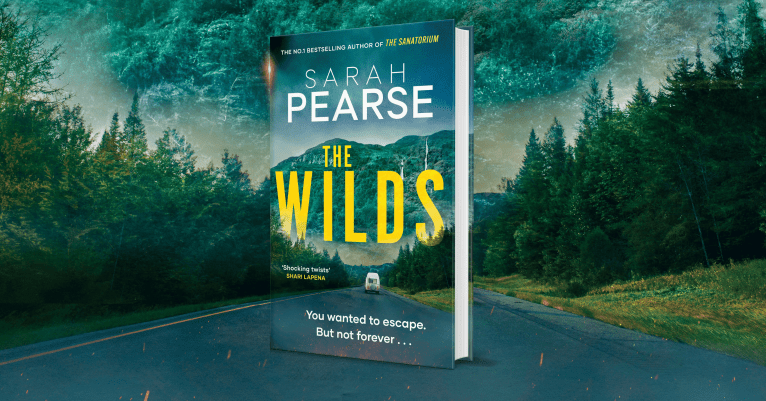Bullet Points with Adam Blake
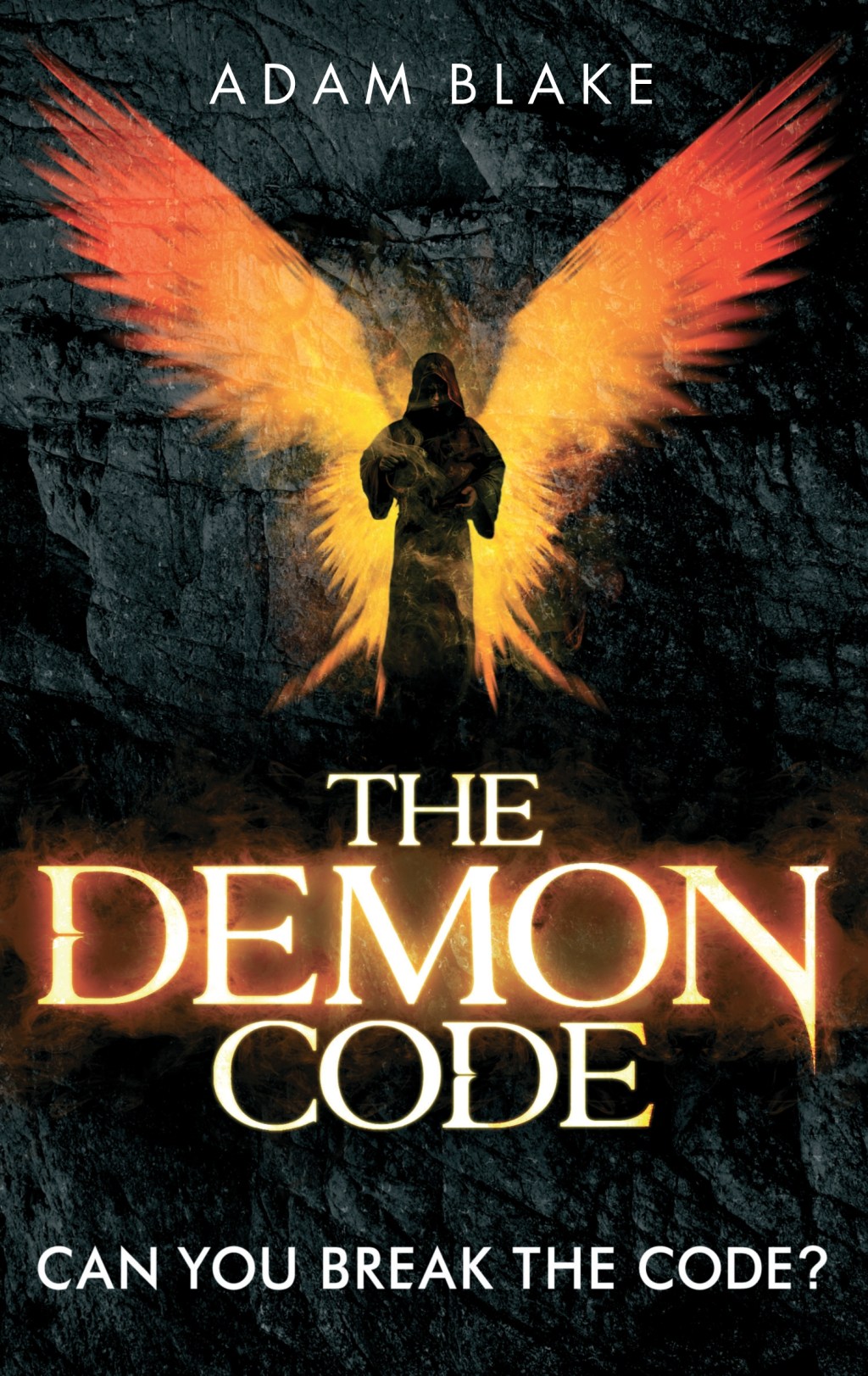
BULLET POINTS is a series of tips for aspiring crime writers direct from published Crime Vault authors. There will always be five of them and they will always be short and snappy, so if you find yourself staring in frustration at the blank page in front of you, we hope they provide the inspiration for you to start writing…
direct from published Crime Vault authors. There will always be five of them and they will always be short and snappy, so if you find yourself staring in frustration at the blank page in front of you, we hope they provide the inspiration for you to start writing…
Here, in the fourth of the series, we ask Adam Blake, author of The Demon Code, to share his writerly secrets.
1. Wade in and make mistakes
The philosopher Daniel Dennett makes this point strongly in a number of his books. If you’re groping for the right tone, the right voice, the right starting point, and it’s eluding you – just start writing anyway, do it wrong and learn by doing it wrong how to do it right. As soon as you’ve got something down on the page you can start to triangulate from where you are to where you want to be. Whereas staring at a blank page for hours on end will only exhaust you.
2. Ask the hard questions
W.H. Auden says somewhere that it’s easy to ask the hard questions, and he’s right. When I’m trying to turn an idea into a story, one of the things I do is interrogate it on paper. I write lists of questions – the sort of questions an unimpressed editor would ask – and work my way through them trying to find answers. Plot grows organically as you smooth over the weaknesses and bridge the lacunas – or else it doesn’t, and you realise that probably the idea doesn’t have as many legs as you thought it did.
3. Read your work aloud
Doing public readings is one of my greatest pleasures. I really enjoy taking a story out on the road, and reading aloud is the best way there is of doing that. But it’s also worth reading aloud in the privacy of your own work space – it’s a good way to test your prose and see how it holds up. You can spot things like overused words and unintentional repetitions, missing links, and especially bad dialogue. There’s a story about Harrison Ford on the set of the first Star Wars movie. He’s alleged to have said to George Lucas, in an argument about a really bad line he’d been given to say, ‘George, you can type this s***, but you sure as hell can’t say it.’ Trying to say it, in a character’s voice, will usually make that clear well in advance.
4. Write what you know
Okay, I admit that this sounds like a ridiculous thing for a writer of horror, fantasy and crime thrillers to say – but ‘write what you know’ is very relevant and valuable advice. Only you shouldn’t apply it to plot (most fictions leave reality behind them at a very early stage, even if they’re supposed to be ‘realist’). You should apply it to characters. Make your characters work in the way real people who you’ve met work, and make their motivations and concerns echo those you’ve known real human beings to express or show. Don’t make up chimeras and try to pass them off as people.
5. But also… go outside your comfort zone
Every writer has a set of default assumptions, and these will often include default story engines – formulas or patterns you build into your work without even thinking about them. They’re invisible to you because they’re so deeply embedded into your thinking – and because they’re invisible, they’re dangerous. They’re like submerged rocks on which your enterprises can founder. So oddball commissions can be wonderful for your creativity. Collaborations can be wonderful. Beta-test readers who never go near your chosen genre can be wonderful. We try to take our readers to places where they’ve never been. Sometimes the best way to do that is to go off the beaten path yourself.

Adam Blake’s brilliant thriller The Demon Code will have you racing to discover the conspiracy at its heart.
For fans of Dan Brown's Origin, by the award-winning author of the massive bestsellers The Girl with All the Gifts and The Dead Sea Deception, comes a thriller you won't be able to put down.
Four hundred years ago a prophet predicted the end of the world. Now his words are coming true...
Three years ago, Heather Kennedy left the Metropolitan police under a shadow that has followed her ever since. Now she has been called in to advise on a supposed burglary in the now-defunct British Museum reading room.
Kennedy soon establishes that rather than steal anything, someone has broken into the stacks in order to photograph pages from books about Johann Toller, a crazed prophet of 17th century Europe. Toller believed that the end of days was at hand, and he made a number of prophecies relating to the Apocalypse and the events that would precede it. None of them came true.
Until now.
One after another, the grotesque signs and wonders Toller predicted come to pass, no matter how unlikely they seem: the river Rhine runs bright red, the towers of London bow to kiss the ground, and an angel with a fiery sword is seen over Jerusalem.
With the help of a nineteen-year-old girl from a secretive tribe and ex-mercenary Leo Tillman, Kennedy must work to stop the next prophecy coming true - the destruction of an unnamed city...
The second thriller featuring Heather Kennedy is every bit as gasp-inducing as The Dead Sea Deception - and the end of the world is on the line.
'A thoroughly enjoyable book'
The Book Bag
'A thrilling novel'
For Winter Nights
